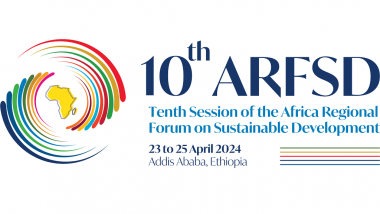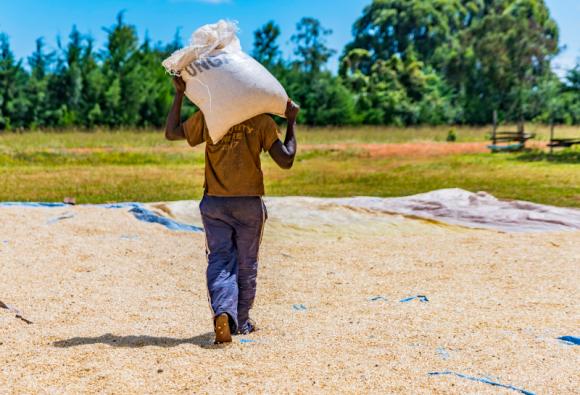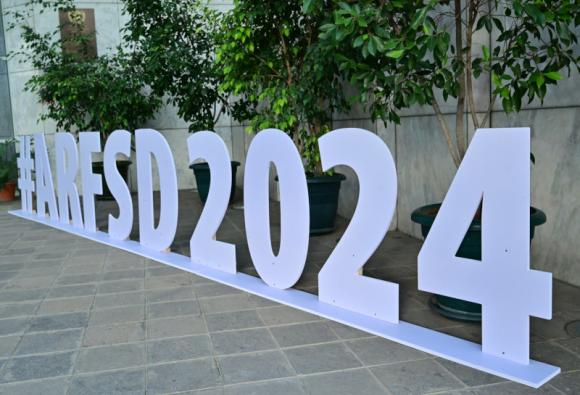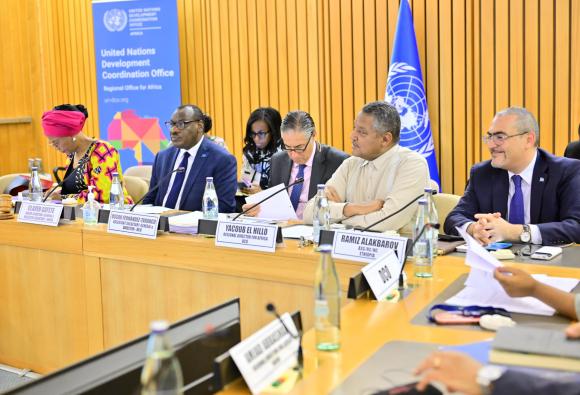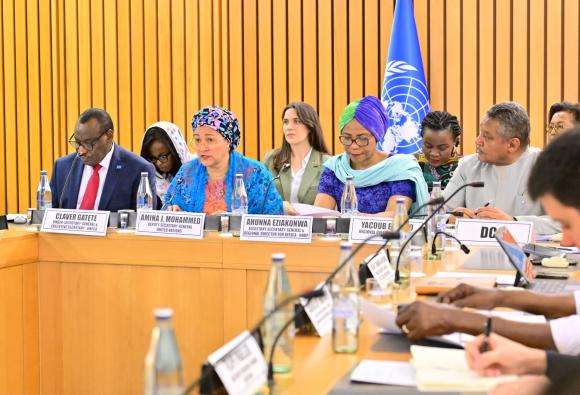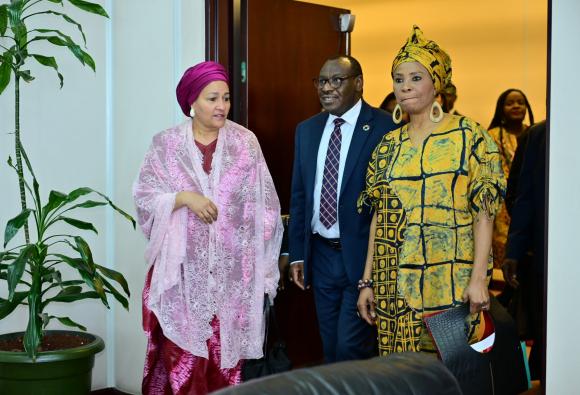Outcome documents
Addis Ababa Declaration [English] | [French] | [Arabic]
Summary and key messages [English] | [French] | [Arabic]
African Youth Declaration on the Summit of the Future [English] [French]
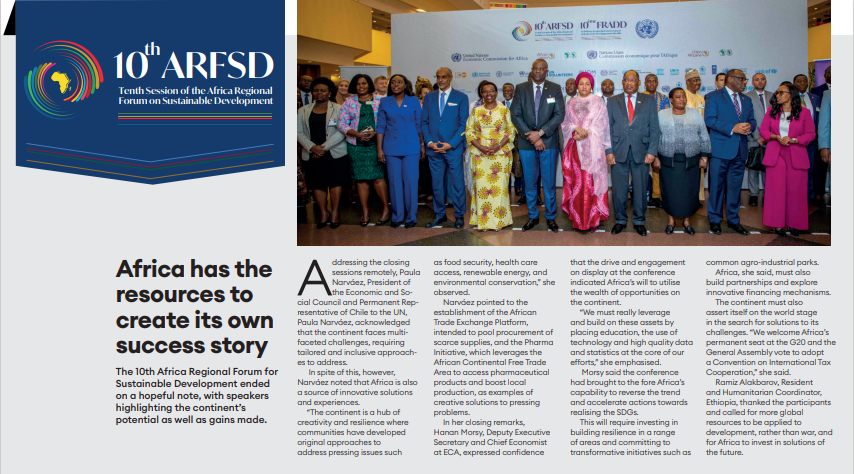
Introduction
The tenth session of the Africa Regional Forum on Sustainable Development (ARFSD-10) will be jointly organized by the United Nations Economic Commission for Africa (ECA) in collaboration with the African Union Commission, the African Development Bank and the United Nations system organisations.
Venue and Dates
The Forum will take place in ECA Conference Center, Addis Ababa, Ethiopia, from 23 April to 25 April 2024. It will be held in a hybrid format allowing both in person and virtual participation.
Side Events and Pre-Events will take place in ECA Conference Center from 17 – 22 April 2024.
Theme
The theme of the tenth session Regional Forum is “Reinforcing the 2030 Agenda for Sustainable Development and Agenda 2063: The Africa We Want, of the African Union and eradicating poverty in times of multiple crises: the effective delivery of sustainable, resilient and innovative solutions”
In 2024, member States and their partners are past midway in the implementation of the 2030 Agenda and yet progress on most SDGs is off-track - “progress on most of the SDGs is either moving much too slowly or has regressed below the 2015 baseline.” Therefore, achieving the SDGs by the set deadline of 2030 is contingent on stepping up implementation through ambitious and bold solutions and action. For Africa, integrated implementation of the SDGs and the Agenda 2063 is essential and actions and solution to achieve both are needed.
The ARFSD-10 is a timely opportunity to address shortcomings and capitalize on emerging opportunities to ensure robust, accelerated and timely implementation of the SDGs and Agenda 2063. The Forum will also mobilize effective Africa engagement in the Summit of the Future to be held in September 2024 and generate Africa’s priorities and inputs to the Summit.
The Forum will be preceded by pre-events, to be held from 17 April to 22 April 2024. The Forum will also feature selected side events aligned with the theme and subthemes of the Forum.
Objectives of the Forum
The objectives of the tenth session of the Regional Forum are:
- To review progress, challenges, and opportunities in the implementation of the 2030 Agenda and Agenda 2063. In line with the 2024 High-level Political Forum on Sustainable Development (HLPF), ARFSD-10 will conduct an in-depth review of implementation in Africa of SDG 1 (no poverty), SDG 2 (zero hunger), SDG 13 (climate action), SDG 16 (peace, justice, and strong institutions), and SDG 17 (partnerships for the Goals) and the corresponding Goals of Agenda 2063 with a special focus on its second ten-year implementation plan (STYIP).
- To strengthen learning and advocate effective policy measures and actions at National, Regional and Global level, to advance implementation of SDGs and Goals of Agenda 2063.
- To deliberate on transformative, innovative and ambitious interventions including policy and practical actions to drive integrated and accelerated implementation at scale necessary to achieve the SDGs and goals of Agenda 2063.
- To reach consensus and adopt Forum outcomes, namely:
- Summary and key messages of the Forum comprised of Africa’s priorities and key policy options and recommendations to inform and spur actions at subnational, national, regional and global levels to accelerate the integrated implementation of the 2030 Agenda and Second ten-year implementation plan of Agenda 2063.
- The Addis Ababa Declaration on effective delivery of sustainable, resilient and innovative solutions and to reinforce the 2030 Agenda for Sustainable Development and Agenda 2063 and eradicate poverty in times of multiple crises.
Participation
The Forum will convene high-level policy makers and experts from ministries and agencies responsible for finance and economic development, social affairs, environment and natural resources management, statistics, agriculture and food security, science, technology and innovation and other ministries from the 54 ECA member States; African Union Commission, Regional Economic Communities and other regional and subregional organisations; the United Nations system organisations and other development partners; and major groups and other stakeholders including civil society organisations, the private sector and academia.
